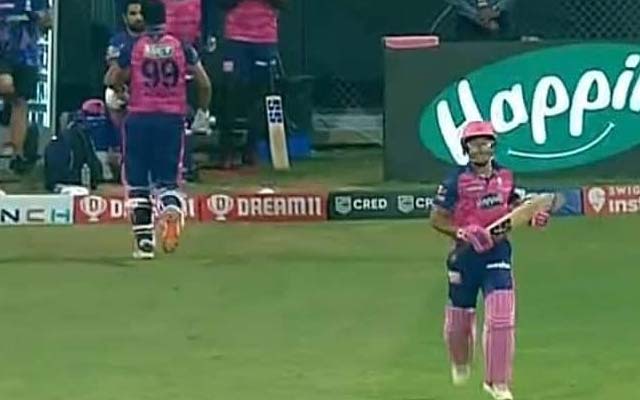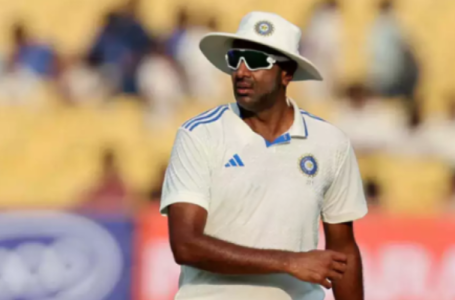What is Retired Out in Cricket?

Rajasthan (image source : BCCI)
Rajasthan and Lucknow battled each other in a thrilling contest in the 20th match of the Indian T20 League 2022. It was an exciting and gripping contest in which Rajasthan ultimately emerged victorious by just 3 runs.
Besides, the thrilling contest, the match will be remembered for another unique incident. It was the 19th over of the Rajasthan innings in which, Ravichandran Ashwin decided to retire himself out. The decision was to help his team reach an even more formidable total. Notably, Ashwin stabilized the Rajasthan innings with Hetmyer, when they were struggling at 67 for 4 in the 10th over of their innings. As Ashwin walked out, Riyan Parag replaced him and scored 8 off 4 deliveries helping his team reach a total of 165 runs.
The incidence of Ashwin retiring out is a first-timer in the Indian T20 League. In the post-match conversation Rajasthan skipper, Sanju Samson explained that the team decided to go for it as it is in the law. So, let us look at what the law says.
MCC’s Retired Out Law: As per the MCC Law 25.4.3, “If a batter retires for any reason other than as in 25.4.2 (retires because of illness, injury or any other unavoidable cause), the innings of that batter may be resumed with the consent of the opposing captain. If for any reason his/her innings is not resumed, that batter is to be recorded as ‘Retired-Out.’
However, Ashwin retiring out is not the first instance in the history of T20 cricket. Three other batters other than Ashwin have retired out in T20 cricket.
Here is a list of the batters who have retired out in T20 cricket history:
1. Shahid Afridi- Pakistan vs Northants, Tour Match, 2010
2. Sonam Tobgay- Bhutan vs Maldives T20I, 2010
3. Sunzamul Islam- Cumilla Warriors vs Chattogram Challengers, Bangladesh Premier League, 2019
4.Ravichandran Ashwin- Rajasthan vs Lucknow, Indian T20 League 2022
Ravichandran Ashwin has previously made use of his knowledge of cricket laws against his current team Rajasthan. He run-out Jos Buttler in Indian T20 League 2019 at the bowler’s end for backing up too far. This time though Rajasthan benefitted from Ashwin’s knowledge rather than being on the receiving end of it.



